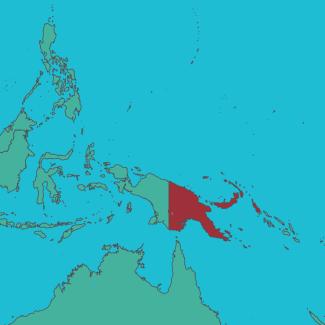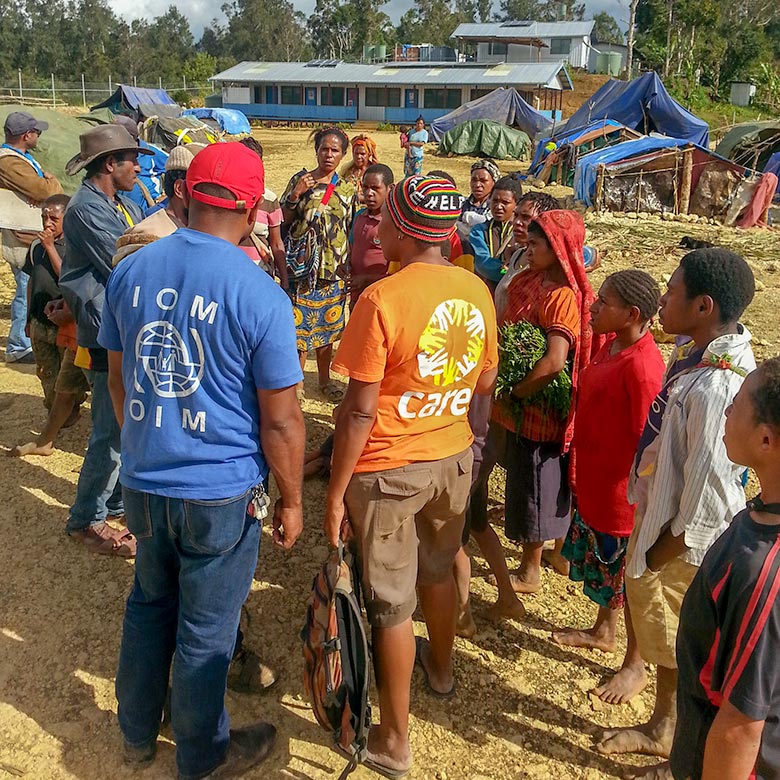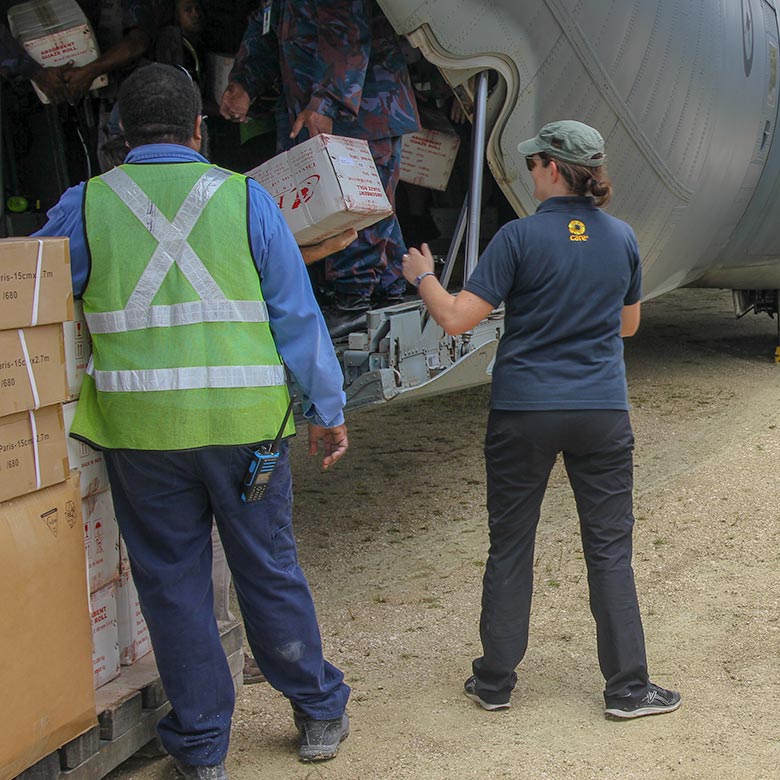
Earthquake response in Papua New Guinea
People Helped
Humanitarian Needs
An earthquake measuring 7.5 on the Richter scale devastated large parts of Papua New Guinea on February 26. The country also experienced more than 130 aftershocks, many greater than 6.0 magnitude. The quake and resulting landslides killed more than 100 people. More than 544,000 people were affected, with approximately 230,000 in need of immediate assistance.
Damage to storage facilities and water sources resulted in scarcity of safe drinking water. Thousands of people were displaced from their homes and had no access to their gardens, their primary food sources. The existing gender gap in the country meant women and girls were particularly affected by this disaster.

Papua New Guinea
Humanitarian Response
CARE Canada intervened in Papua New Guinea to improve access to health, hygiene, protection, education and shelter, with a focus on supporting women, girls and people with a disability.
They provided hygiene and sanitation items to affected households, led public health awareness campaigns on identifying and reporting public health issues such as cholera, typhoid and diarrhoea. They helped restore damaged health centres and provided training for community health workers on maternal and child health, and sexual, reproductive health.
CARE also provided building materials and training to help survivors rebuild their homes to be more earthquake resistant, and to help rebuild schools.





Documents
Our response to small and medium-scale disasters is co-funded by Global Affairs Canada, the member agency delivering the assistance, and donations to the Humanitarian Coalition. Your gift will help us be ready for the next disaster. Donate today.